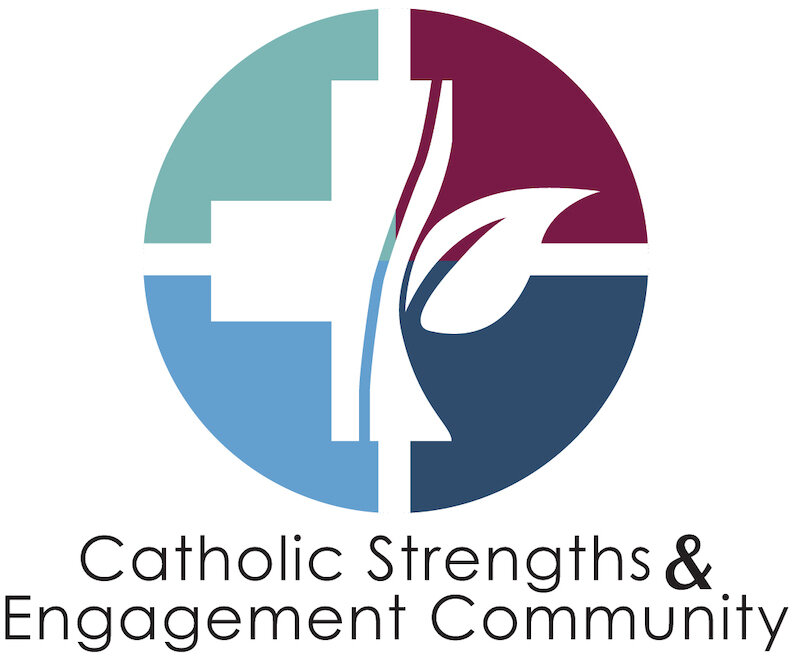LEADERSHIP & MANAGEMENT LAB
Whether you are a volunteer leading a team for one of your church ministries or a pastor managing your staff, the greatest asset you have is the people on your team. When you tap into team members’ talents and strengths and encourage team members to use their strengths, your team will experience more confidence, act with more direction and hope, and produce better results.
Gallup's research shows that building strengths is a far more effective approach than trying to improve weaknesses. The process of helping someone discover their own exceptional abilities, recognize their lesser talents, and help them understand how the abilities of others can help complement themselves is key to achieving success. When staff, volunteers, and church members know and use their strengths, they are more engaged, more committed, and less likely to leave.
Gallup’s five year research on the nature of collaboration and productivity revealed three simple statements that describe what people in highly effective partnerships and teams believe:
We complement each other’s strengths.
We need each other to get the job done.
The other person does some things much better than I do, and I do some things much better than the other person.
Power of 2, by Rodd Wagner and Gale Muller
As a leader, you are uniquely positioned to advance a person's self-awareness and invite further experimentation with their talents, helping the individual find new ways to use those talents to benefit the organization and team. You can also influence a strengths-based team culture in your church or faith-based organization, which encourages strengths-based collaboration and growth.
As your team's leader, ask each of your team members questions, such as:
What do you naturally do that could benefit the team?
Given your Top 5 talent themes, where can you best contribute and add value to the team?
What do your Top 5 themes say about how you work, how you achieve, and how you perform as a member of this team?
These questions give you an opportunity to reinforce the value that each person brings to the team and helps them claim their talents and take responsibility for using them for the benefit of the team.
Leadership and Management Resources
Dive deeper into your strengths leadership and management journey by learning about some of the easy-to-use measuring tools Gallup has to offer, such as:
Measuring Church Engagement. Gallup’s ME 25 , ‘Gallup Member Engagement Survey’ for churches, is a short, web-based survey, which uncovers sources of engagement and disengagement within your church. Learn how you can use the data to create an action plan to more fully engage your church members.
Measuring Employee Engagement. If you are a pastor or staff manager, consider using Gallup’s Q12 'employee engagement' survey. This short, web-based survey is a fantastic tool for discovering sources of engagement and disengagement within your organization. Learn how you can use the data obtained from the survey to more fully engage your employees.
Leading High-Performance Teams. Gallup’s Leading High-Performance Teams Kit will help you to incorporate Gallup’s strengths and engagement philosophy into your management approach.
